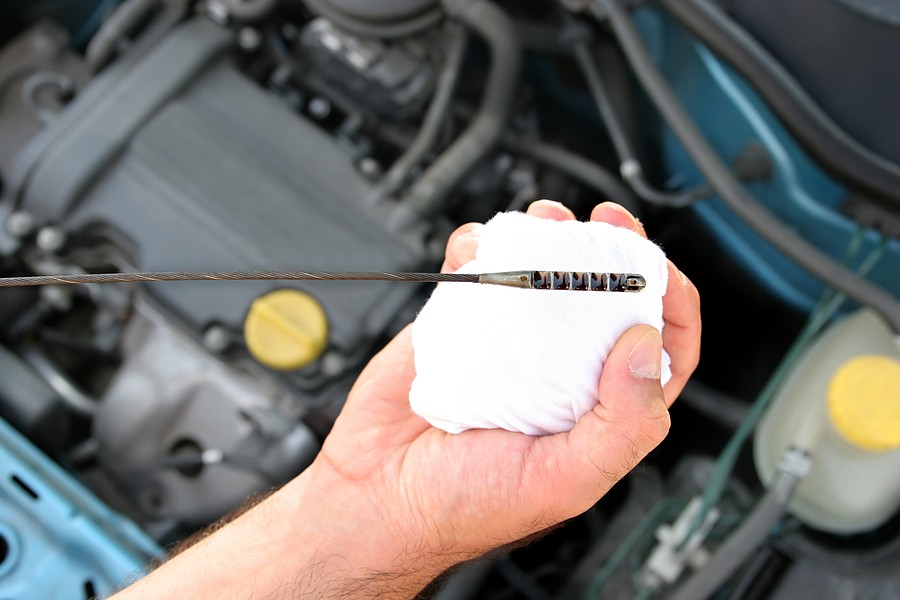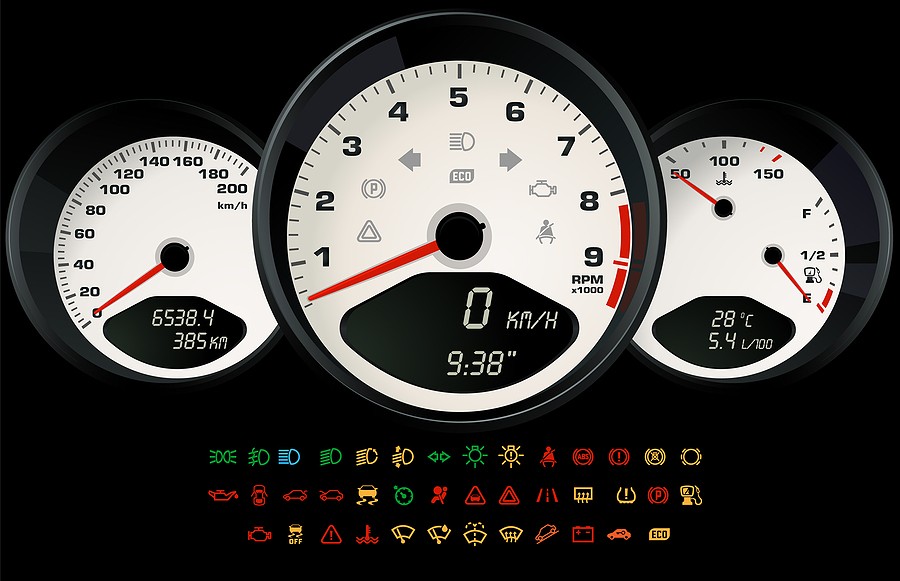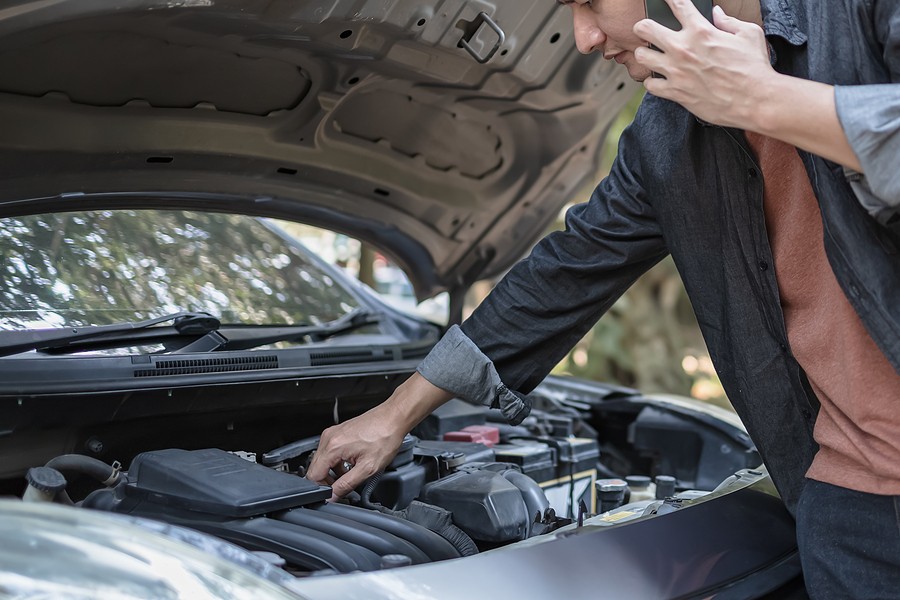The symphony of sounds emitted from your car often goes unnoticed, but what happens when an unfamiliar rhythm emerges? Engine knocking is a concern many vehicle owners face. Let's delve deeper into understanding this anomaly.
Recognizing the Knocking Sound
The Importance of Sound Detection
Your car communicates through sounds. Subtle changes can indicate potential issues. Recognizing these sounds early on can save costly repairs and ensure safety. Over time, drivers often become attuned to their vehicle's unique acoustic signature, making deviations easier to spot.

Differentiating Between Common Engine Noices
Engines produce a plethora of sounds. Ticks, hums, and purrs can be entirely normal. The challenge lies in differentiating these from problematic noises. A knocking sound, for instance, is distinct in its rhythmic thud and is often louder during acceleration.
Tools for Detecting Sound Abnormalities
Specialized tools can make the diagnosis more precise. Automotive stethoscopes, for example, allow users to listen to specific parts of the engine, isolating sounds and locating their source. Investing in or borrowing such tools can be invaluable in early detection.
Consultation with Experts
Even the most experienced drivers can sometimes be stumped by a sound. In such cases, a trusted mechanic's ear can be invaluable. Their years of experience can quickly pinpoint issues that might be missed by the untrained ear.
Common Causes of Engine Knocking
Low-Quality Fuel
Engines are designed for specific fuel types. Using a lower octane fuel than recommended can lead to premature ignition of the fuel-air mixture. This premature ignition is often the cause of the knocking sound.

Poor Lubrication
The engine's moving parts are cushioned by oil, preventing metal-to-metal contact. If the oil level is too low or if it's contaminated, these parts might come into contact, causing the knocking sound. Regular oil checks and changes are paramount.
Spark Plug Issues
Spark plugs play a pivotal role in combustion. If they malfunction, the air-fuel mixture might not ignite correctly, leading to knocking. Regularly inspecting and replacing worn-out spark plugs can prevent this.
Carbon Deposits
Over time, carbon deposits can form on the pistons and combustion chamber. These deposits can change the volume of the chamber, leading to increased compression and subsequent knocking.
Immediate Steps to Take
Check Engine Oil Levels
Before delving into more complex diagnostics, start simple. Checking the engine oil should be your first step. Not only the quantity but also the quality of the oil can influence engine performance.

Listen Closely While Idling
Park your vehicle in a quiet place, let the engine idle, and listen. By revving the engine slightly, you might be able to get a clearer idea of the sound's origin.
Examine the Spark Plugs
While this might seem a bit technical, spark plugs are relatively easy to inspect with a basic toolset. Look for signs of wear, deposits, or any physical damage.
Use Higher Octane Fuel
If you suspect the fuel quality might be the cause, consider using a higher octane fuel on your next fill-up. Additionally, fuel additives can help clean the engine and remove minor carbon deposits.

Myths Surrounding Engine Knocking
“All Engine Noises Are Bad”
Engines are mechanical wonders with numerous moving parts. They are bound to produce some noise. The key lies in differentiating normal operational sounds from problematic ones.
“Knocking Only Happens in Old Cars”
While older cars might be more susceptible due to wear and tear, newer models aren't immune. Poor maintenance practices can induce knocking even in newer vehicles.
“It's Always a Simple Fix”
While we hope for simple solutions, engine knocking can sometimes indicate deeper, more systemic issues. Never underestimate the potential severity based on myths.
“All Knocking Sounds Are the Same”
Knocking can vary in sound, rhythm, and intensity, each potentially indicating different issues.
Prevention is Better Than Cure
Regular Maintenance
Routine check-ups, timely oil changes, and using quality fuel can significantly reduce the risk of engine knocking. Prevention can often be more cost-effective than cure.

Avoiding Low-Quality Fuel
Reputed fuel stations generally provide better quality fuel, minimizing contaminants and ensuring the correct octane level.
Periodic Spark Plug Replacement
Over time, spark plugs degrade. By replacing them at the recommended intervals, you can ensure optimal combustion and prevent knocking.
Clean Your Engine Regularly
Carbon deposits aren't just a result of poor fuel. They can also build up over time due to various factors. Using quality fuel additives or periodic professional engine clean-ups can help prevent this buildup.
When to Seek Professional Help
Persistent Knocking
Sometimes, despite our best efforts, the knocking persists. In such cases, professional intervention becomes crucial.
Warning Lights
If a knocking sound is accompanied by warning lights on your dashboard, especially the check engine light, it's a clear sign that professional diagnostics are needed.

Reduction in Engine Performance
Knocking often comes hand in hand with reduced performance, be it lower power output or decreased fuel efficiency. This tandem of symptoms necessitates a visit to the mechanic.
When DIY Isn’t Enough
While many car enthusiasts pride themselves on their DIY capabilities, some issues, especially those deep within the engine, require specialized tools and expertise. Recognizing when to seek help can prevent exacerbating the problem.
Conclusion
Engine knocking can be a mere hiccup or a symptom of more significant issues. This guide provides a roadmap to navigate this challenging terrain. Remember, a car, like any machine, requires care, attention, and sometimes, expert intervention. Safe and sound travels to you!



